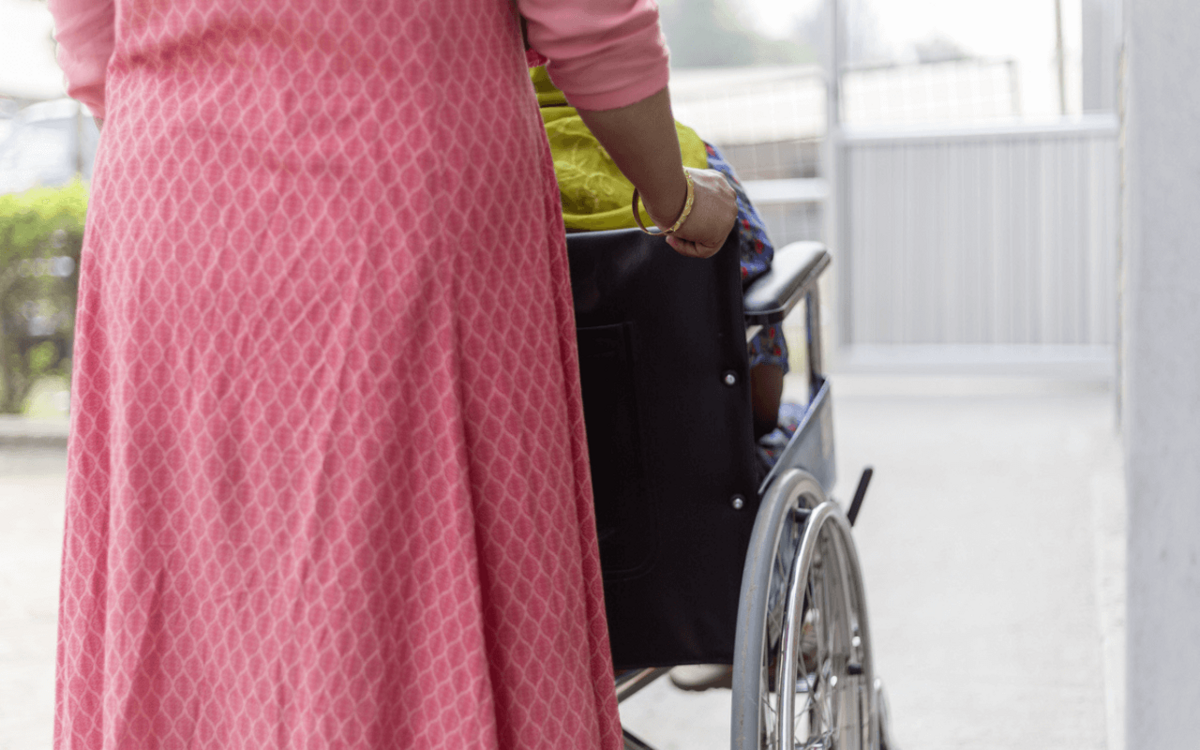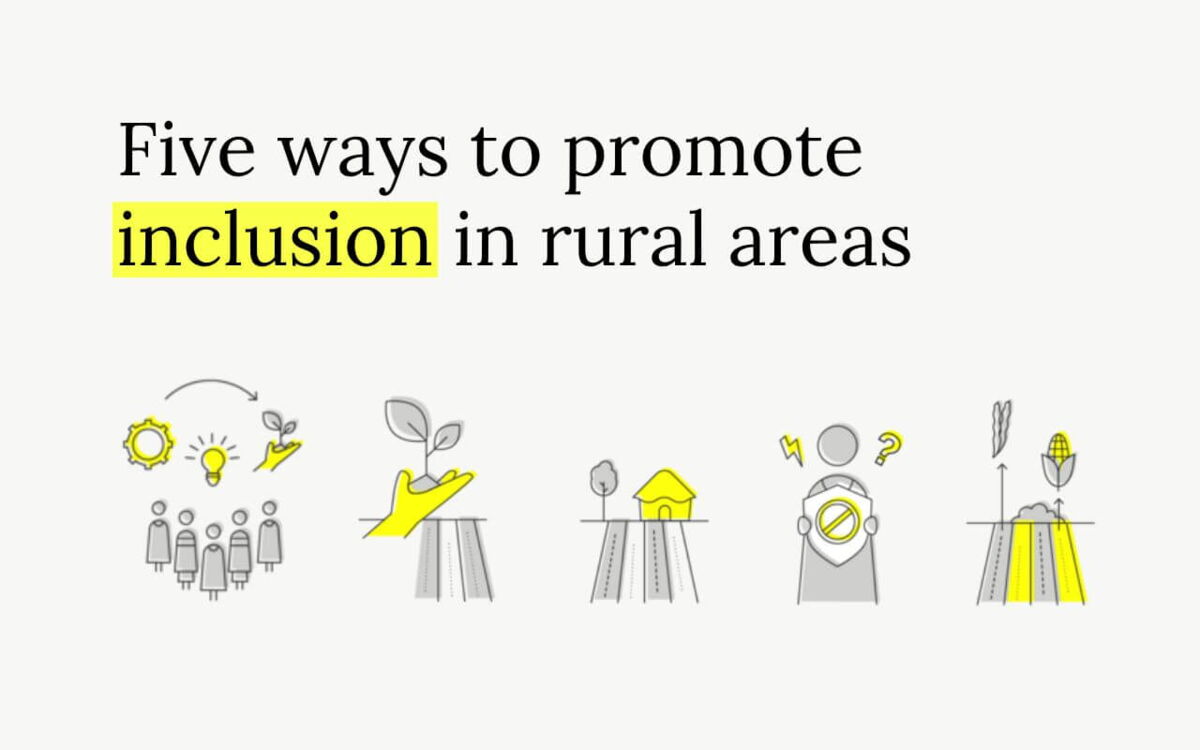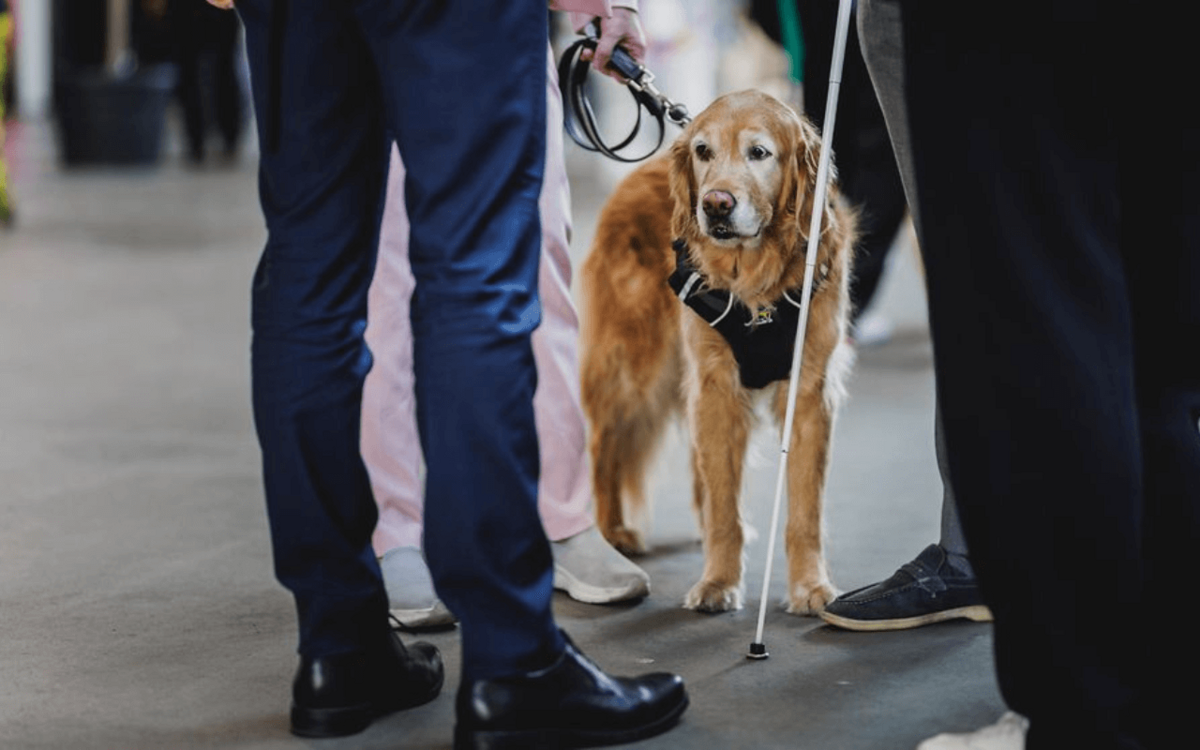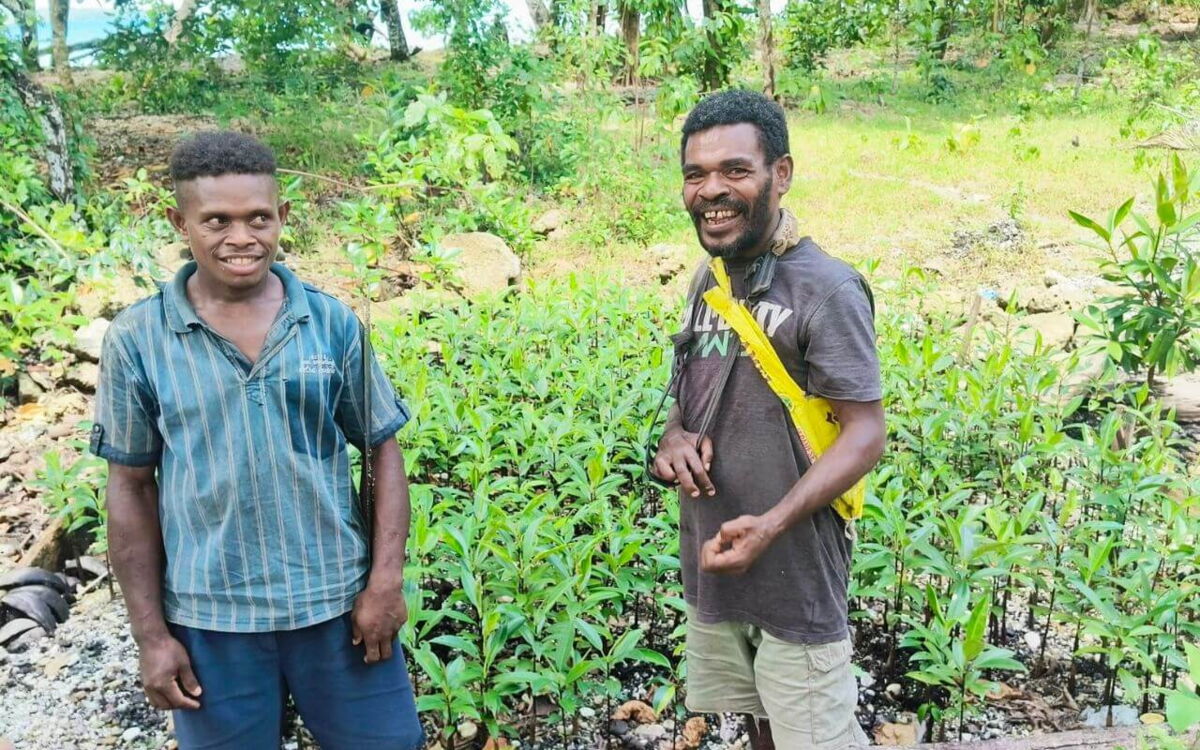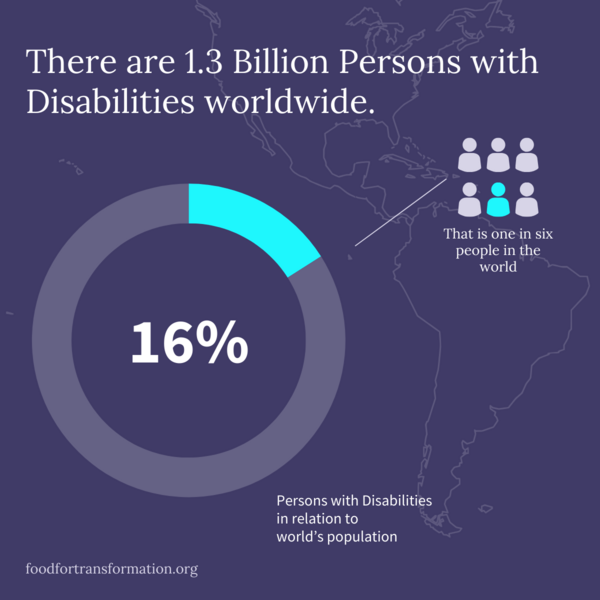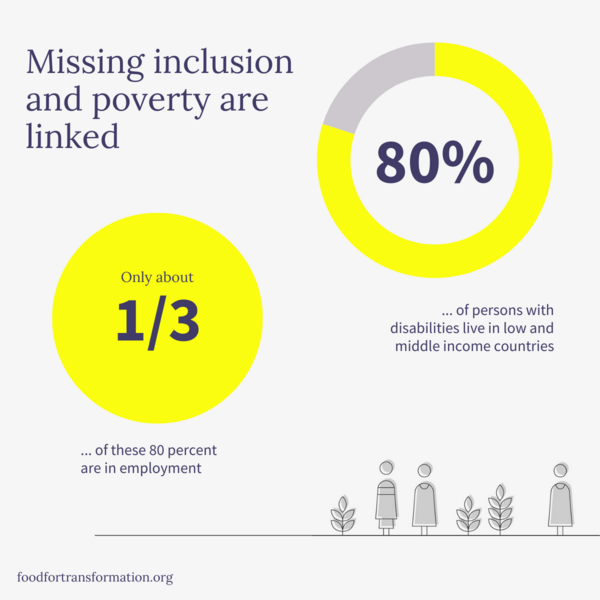Nothing About Us, Without Us!
Around 1.3 billion persons worldwide have a disability. But instead of equal participation, they are often faced with discrimination. The Global Disability Summit (GDS), which will take place in Berlin from 2 to 4 April, will focus on this setting an example for inclusive solutions. How can we shape societies so that participation becomes a reality for everyone? How can we set the political course to dismantle discrimination and create equal opportunities?
Jürgen Dusel, the Federal Government Commissioner for Matters relating to Persons with Disabilities, emphasises that a great deal of commitment is still required to ensure that inclusion in development cooperation reaches everyone. Agriculture could be a starting point: A listicle illustrates the opportunities offered by this sector. The International Fund for Agricultural Development (IFAD) emphasises that the potential of farmers with disabilities in rural regions is often not sufficiently taken into account. World Vision's ‘Growing Disability Inclusiveness in Agriculture’ guide addresses this issue and aims to actively involve people with disabilities in decision-making processes.
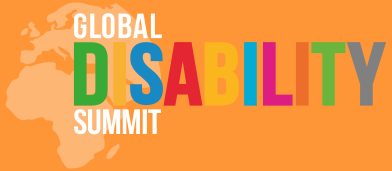
In April 2025, Germany has organised the Global Disability Summit together with co-hosts Jordan and the International Disability Alliance. Within the German government, the Federal Ministry for Economic Cooperation and Development (BMZ) was in charge of organising the event. The aim of the international summit was to promote the global implementation of the United Nations Convention on the Rights of Persons with Disabilities from a development policy perspective. Read all about the Global Disability Inclusion Report and the previous findings from the regional summits.
Inclusion is a Human Right.
Article 32 of the United Nations Convention on the Rights of Persons with Disabilities therefore commits states parties to ensuring that their development cooperation is inclusive. Projects around the world show what inclusion and therefore diversity can look like. Special attention is paid to access to resources: In rural regions, there is often a lack of barrier-free educational opportunities, medical care and social protection systems. This not only has an impact on individual livelihoods, but also on society as a whole.
People with Disabilities are Part of a Diverse Society.
A living environment becomes barrier-free not only when physical barriers are removed, but when prejudices and marginalising thought patterns are eliminated. Find out more in the Living Inclusion Network.
